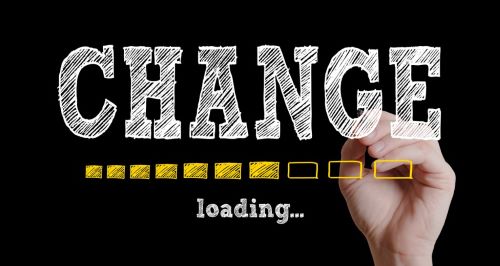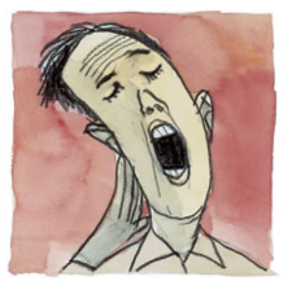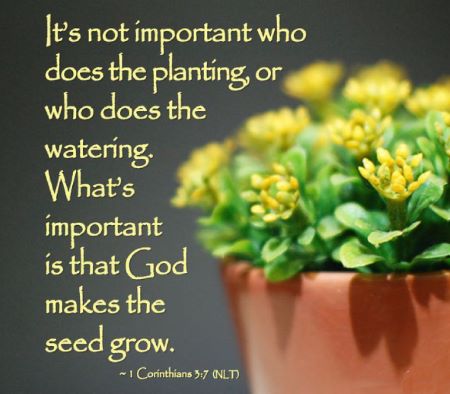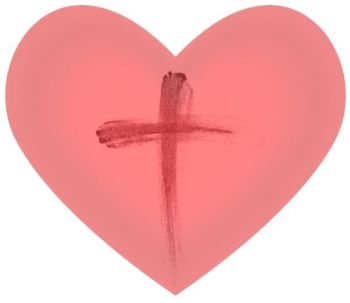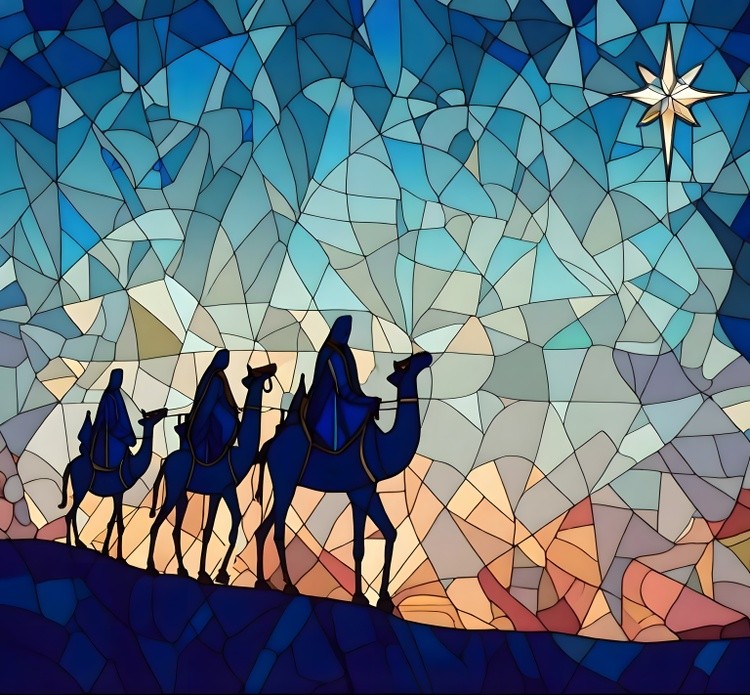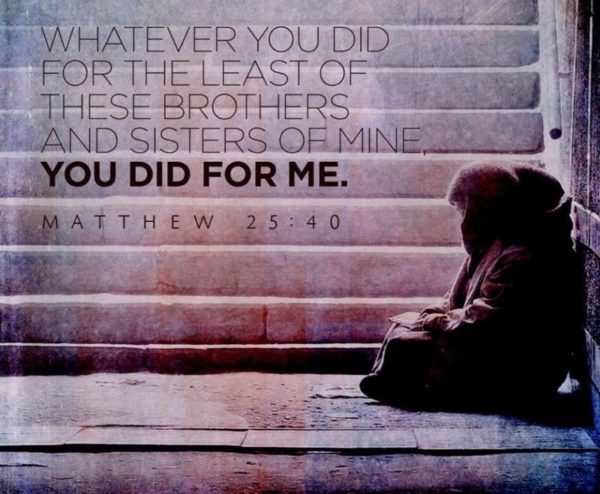
From Scripture to Community
For several years now, we’ve been blessing our collection of food and personal care items before they’re delivered to The Green Apple (formerly the John Knox Food Pantry). It’s not magic, but something we do “in community” as we place our spiritual “stamp of approval” on what’s being sent, so that those who receive the fruits of our efforts may know that God too is mindful of them and their circumstances.
In the Scriptures, the act of blessing means ‘the imparting of power or life.’ The person performing the blessing is mediating that power from God to the people involved. To bless is more than an expression of goodwill and caring. To bless is to impart God’s power in person, so that health, healing, and life are being mediated from God for the benefit of the person in their relationship with their neighbors.
But when we bless our collection, we also ask God to forgive us the ways in which we fail to adequately engage the social and political systems which keep people in need. What we do is valuable. What we do is needed. But it does not solve the underlying systemic issues which perpetuate that need.
And the prophets and Jesus all spoke about taking care of the least and the lost. And in 2 Corinthians, Paul teaches about the kind of giving which creates a fair balance between the community’s present abundance and the needs of others, so that “the one who had much did not have too much, and the one who had little did not have too little.”
Paul quotes from Exodus 16:18 to illustrate that his insistence on the biblical principle of financial fairness among Christians is not a new idea. This verse in Exodus describes how the people of Israel are to gather the manna God miraculously gives them from heaven for their daily food. Each person takes up as much as he or she needs. In the end, no matter how much is gathered, no one has more or less than they need to live on.
Paul is teaching that the Christian community should work the same way. Since the Corinthian believers are experiencing relative abundance compared to the Jerusalem believers, it is right that they should share some of what they have to make things more equitable in the family of Christ.
When Joel and I lived in Columbus, we participated in a city-wide organization called B.R.E.A.D. (Building Responsibility, Equality, and Dignity); and over the years, they have facilitated progress for the city’s residents in the areas of transportation, job creation, education, crime, neighborhood cleanup, housing, healthcare, payday lending, and mental health.
The B.R.E.A.D. organization is comprised of many different congregations, who in turn represent many different traditions. Each congregation believes something different – about the nature of God and the name of God. But each shares a commitment to pursue justice guided by our faith – to finding, in the things that they share, the strength that unity can bring. B.R.E.A.D. uses a four-step process to identify and resolve issues of justice:
- They listen to their members in one-on-one meetings and “house meetings” in order to surface community problems for research and action. The listening process also serves to invite more people to become a part of the justice ministry networks within congregations.
- They research the problems to identify workable solutions
- They gather a large number of people (often more than 2,500 people), in order to show the supportive power and attract the attention of the decision-makers who can implement the solutions they are requesting.
- And they follow-up on the public commitments made by the decision-makers in order to ensure that there is action to address the problem by implementing the requested solutions.
That’s what West Michigan Community Organizing, a Grand Rapids group of social service organizations, community groups, and faith communities (which has been forming for about two years now), intends to do. They too believe that it is possible to change the root causes of the pressures that families face –– if we act together. Their work is to build relationships across the lines that tend to divide, to train THEIR members in leadership and organizing, and to powerfully act together on the pressures that our members identify.
![]() Right now, this group has committed to building a broad-based organization together, affiliated with the Industrial Areas Foundation. The IAF partners with religious congregations and civic organizations at the local level to build broad-based organizing projects, which create new capacity in a community for leadership development, citizen-led action, and relationships across the lines that often divide our communities.
Right now, this group has committed to building a broad-based organization together, affiliated with the Industrial Areas Foundation. The IAF partners with religious congregations and civic organizations at the local level to build broad-based organizing projects, which create new capacity in a community for leadership development, citizen-led action, and relationships across the lines that often divide our communities.
And they are working to bring together more people and groups, and invite others to join them in this work to strengthen our “justice” foot,” so that we can more fully walk out God’s love in action. The next training event is Thursday, February 25th, from 6pm-8pm on Zoom. Mark your calendars now and let me know if you feel called to learn more or participate


